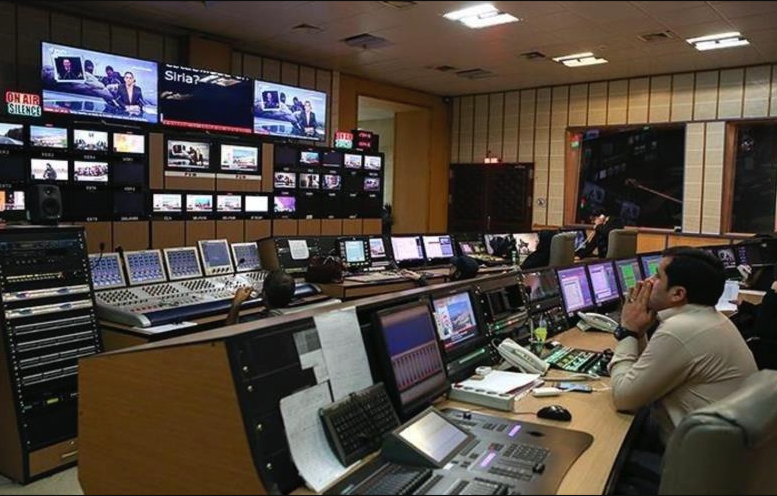The Iranian TV channel, aimed at a Hispanic audience, seeks to influence political changes in Latin America and Spain.
Iranian TV channel HispanTV has acted as the voice of Iran for its Spanish-language audience since it began broadcasting in 2012. The creation of the medium was part of Iran’s foreign policy agenda. It came about as a result of the sanctions that completely isolated the country, due to the development of its nuclear program.
The search for alliances
For Iran, the task of finding new international allies was very complicated. However, the previous relationship with Venezuela led to the understanding that Latin America could be considered an ideal region to approach new countries.
Except for Argentina, where the attacks perpetrated by Shiite terrorist groups against Jewish interests in the 1990s left an indelible mark, Iran appeared as a distant country about which there was not much information in Latin America. In addition, the good rapport with the government of Hugo Chavez made it easier for Iran to extend a comprehensive soft power strategy in Latin America.
The landing in Latin America served a dual purpose. On the one hand, it allowed Iran to gain new international support. On the other, to gain weight in a region where the United States maintained a strong influence. In this way, Iran was able to put pressure on its main adversary in its own backyard.
To this end, Iran established new embassies. At the same time, it increased the activity of those already present in Argentina, Brazil, Uruguay, Venezuela, and Mexico. However, diplomatic and cultural activity was not enough through its embassies to gain sympathy in Latin America.
Following the strategy deployed by other countries, such as the Russian news channel RT, the government of Tehran created HispanTV. Through its Spanish-language television channel, Iran deploys its narrative and tries to build a story aimed at Spanish-speaking people.
HispanTV’s objectives
Beyond transmitting the values of Iranian culture and its position on international events, HispanTV is configured as a tool of influence capable of promoting political change in Latin America and Spain.
The objective is focused on persuading and achieving that its particular vision and interpretation of the international reality permeates different forums. In this way, the country seeks to influence public opinion so that it becomes interested in its alternative political proposals.
Since Iranian President Mahmud Ahmadinejad strengthened ties with the Venezuelan government of Chavez, the Iranian regime has found growing acceptance among Latin American leftist governments. Therefore, one of HispanTV’s purposes is to support candidates who defend the postulates of the far left in Latin America. It seeks to help them win the elections and, with that, to find governments in line with their interests in as many countries as possible.
In order to find alliances in Latin America, Iran had to deploy a narrative adapted to the concerns that moved the Bolivarian left. However, the ideological principles that inspire the functioning of the Islamic Republic of Iran are at the antipodes of the proposals of the left in Latin America. Despite this, Iranian foreign policy has been able to strengthen the points that unite the regime with the principles of the extreme left. In this sense, the messages broadcasted by HispanTV focus on a strong position against the interests of the United States and its European allies. It is permanently critical of capitalist and market economies.
Treatment of information
The helicopter crash that took the life of Iranian President Seyed Ebrahim Raisi in May this year shows the way HispanTV handles information. The channel went out of its way to present its president as a martyr. At the same time, from the central studios in Tehran, an attempt was made to show a massive international response supporting Iran.
Headlines such as: “Representatives of foreign countries pay homage to Raisi”, or “Worldwide echo of the funeral of the martyred president and his entourage”, “The Iranian embassy in Caracas holds a ceremony in homage to Raisi”. One of the headlines even states: “Iranian presidential helicopter crash, an attack or an accident?
It could be thought that the main international impact caused by Raisi’s death is his role as a martyr for defending values contrary to the “empire of the West”. This is how he is called by Iran and by the Bolivarian governments. With this type of message, the probable intentionality behind the dramatic accident that caused his death is put on the table. The management of information, in most cases, ends up becoming propaganda to favor Iran’s interests in the world.
However, leaving aside the particular Iranian information framing, the countries of the international community, that observe Iran as a threat, must analyze and prevent the consequences of Iran in an international context of maximum tension.
*This text was originally published in Diálogo Político











